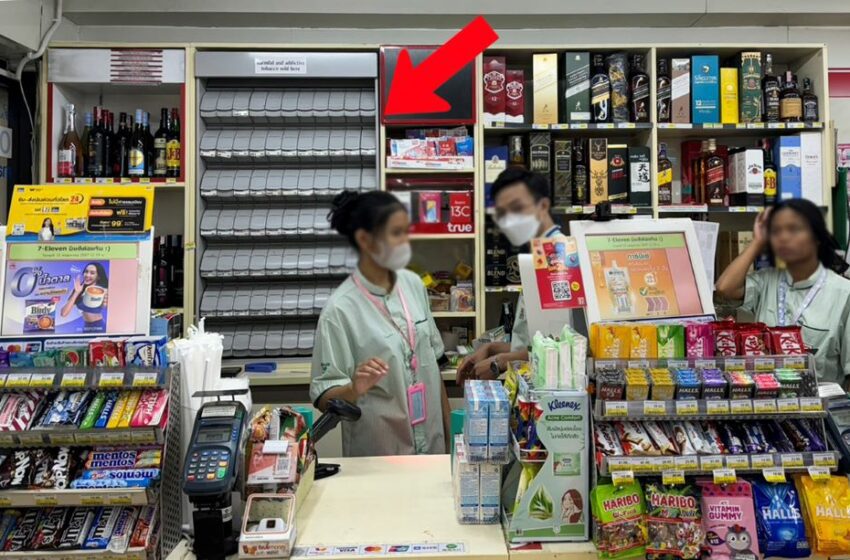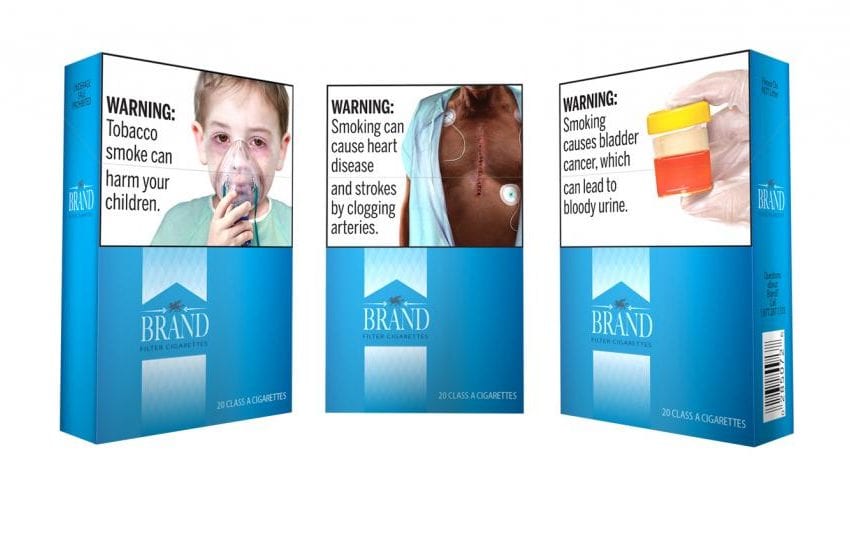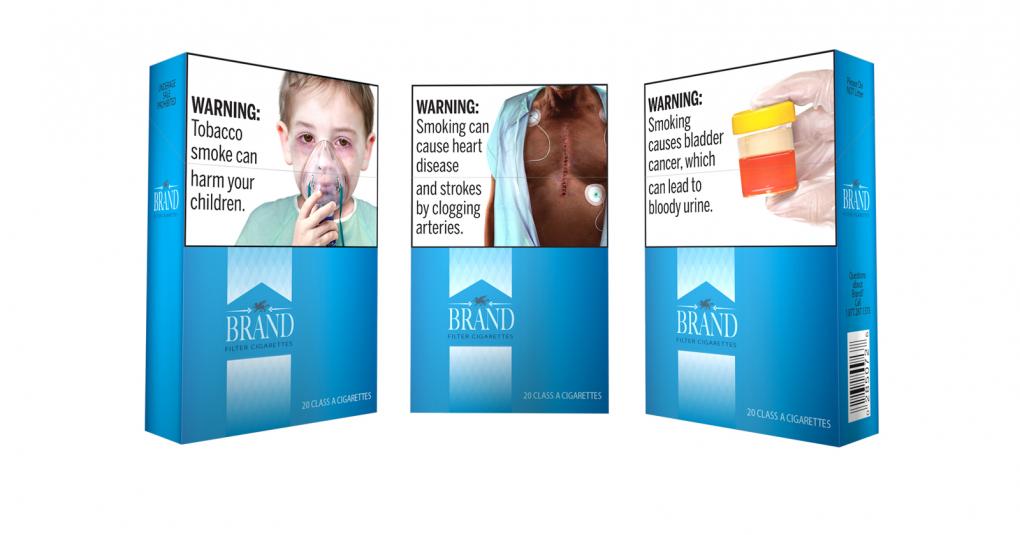
Nicotine pouches may be sold in Canada only by individuals working under the supervision of a pharmacist, under a new ministerial order targeting “new and emerging” nicotine-replacement therapies (NRTs). Sellers will also be required to store nicotine pouches behind the pharmacy counter.
In addition, the new rules prohibit youth-appealing advertising or promotion and sales of nicotine pouches with flavors other than mint or menthol.
Manufacturers will be required to print a front-of-package nicotine addiction warning as well as a clear indication of the intended use as a smoking cessation aid for adults trying to quit smoking. They must also submit mock-ups of labels and packages for all new or amended NRT licenses to ensure no youth appeal.
The new restrictions will take force Aug. 28, 2024, though there will be a six-month transition period for the provisions on advertising and labeling. Established smoking cessation aids, such as nicotine gums, lozenges, sprays and inhalers, will continue to be available in a wide range of retail locations, with a variety of flavors.
“Stronger measures are needed to protect youth from the harmful effects of nicotine and stop dependency before it starts,” said Minister of Health Mark Holland in a statement. “The action our government is taking will keep these products available for adults who need them to quit smoking while making sure they don’t get into the hands of youth for recreational use.”
Public health advocates welcomed Health Canada’s announcement. “These new measures put an end to the easy access young people have had to a very addictive substance,” said Rob Cunningham, senior policy analyst with the Canadian Cancer Society, in a statement. “These restrictions will help protect youth from tobacco industry marketing and from nicotine addiction. We must avoid a repeat of the experience that has seen a dramatic increase in youth vaping.”
Imperial Tobacco Canada (ITCAN), which makes the popular Zonnic nicotine pouches, warned that the ministerial order would derail efforts to reduce smoking rates.
“The Minister of Health is making smoking cessation products more difficult to buy for adults who smoke and who want to quit,” said ITCAN Vice President of Corporate and Regulatory Affairs Eric Gagnon in a statement. “It goes against all logic for a country that wants to reduce smoking rates to target products that actually help people quit.”
According to ITCAN, Zonnic is quickly becoming the leading smoking cessation aid product in locations where it’s sold. The company claims to have received testimonials suggesting that consumers have stopped or reduced smoking by using Zonnic.
Canada regulates NRTs as drugs under the Food and Drugs Act. All NRTs must be approved by Health Canada and carry an approved health claim to be legally sold in Canada. Health Canada authorized sales of Zonnic in October 2023.



















